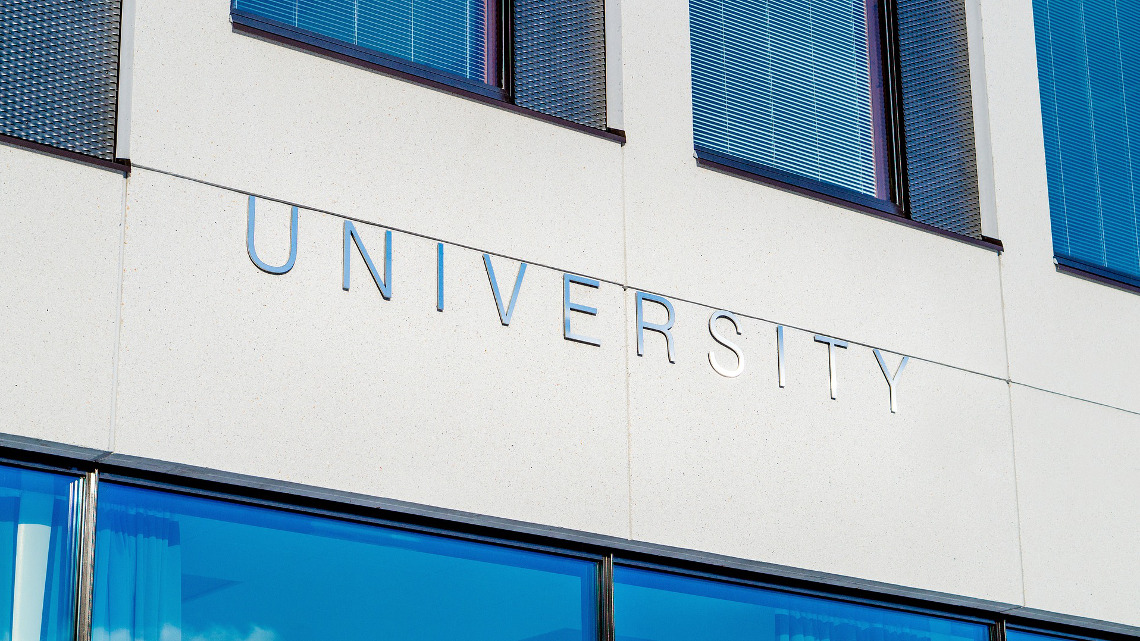A pan-European university for the bioeconomy
Following the inititative of the German University of Hohenheim, the six leading European universities regarding bioeconomy will join forces and establish a pan-European university.

Recently, the European Commission announced an updated Bioeconomy Strategy containing an action plan to develop a sustainable and circular bioeconomy for all of Europe. Subsequently, bioeconomy experts met at a conference in Brussels organised by the European Commission to discuss this new strategy. Now, the six leading European universities in the field of the bioeconomy are planning to join forces in research, teaching, education, and innovation in this subject area.
Solving global challenges with bioeconomy
Given global challenges such as a growing population as well as climate change, new and sustainable ways of producing food, clothing, shelter and every-day products are essential. The European Union aims to achieve these goals by implementing a knowledge-based bioeconomy. The construct of a “European Bioeconomy University” allows the six strongest European universities in the area of the bioeconomy to work towards that common goal.
Initiated by German University of Hohenheim
The idea of a “European Bioeconomy University” was set in motion by the German University of Hohenheim in Stuttgart with a clear objective in mind: enable the European economy to become more resource-efficient, sustainable, competitive, and based on a circular mindset. “We are in agreement with the European Union that the bioeconomy is the future,” stated Stephan Dabbert, President of the University of Hohenheim.
In addition to the University of Hohenheim, the participants of the newly formed pan-European university are the Italian University of Bologna, the Finish University of Eastern Finland, the French AgroParisTech, Paris Institute of Technology for Life, Food and Environmental Sciences, the Austrian University of Natural Resources and Life Sciences in Vienna, and the Dutch Wageningen University and Research. “In the past, researchers at these six universities have collaborated on numerous projects. We are looking to expand this collaboration and create a new form of cooperation so we can work more visibly and effectively on shaping the European Bioeconomy,” Dabbert added.
The six universities consider three pillars to be absolutely essential for the transition to a bioeconomy: research, education and excellence in teaching, and innovations – the key for the transformation of research findings into new technologies, services, products, and companies.
European Bioeconomy will benefit environment and economy
A future sustainable and knowledge-based European Bioeconomy will not only minimise the fossil-based industry and thereby protect the environment, it will also benefit the European economy: More than 18 million jobs already exist in today’s bioeconomic sector, with the potential of at least one million new ‘green’ jobs by 2030. Such new jobs would be especially beneficial for Europe’s younger generations of employees, thus strengthening the European Union’s international competitiveness. The bioeconomy therefore benefits the environment, the economy and society alike, and also promotes the transition to sustainability.
The consortium is convinced that the “European Bioeconomy University” will serve as a future think tank in the European Union. The participating partners cover all areas of the bioeconomy - from agriculture, nutrition, forestry, environment, and sustainability, through industrial applications and biotechnology, to economic and social aspects.
jmr


